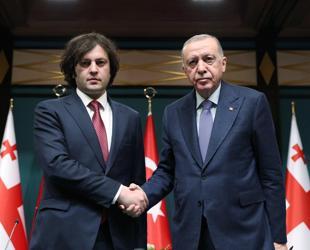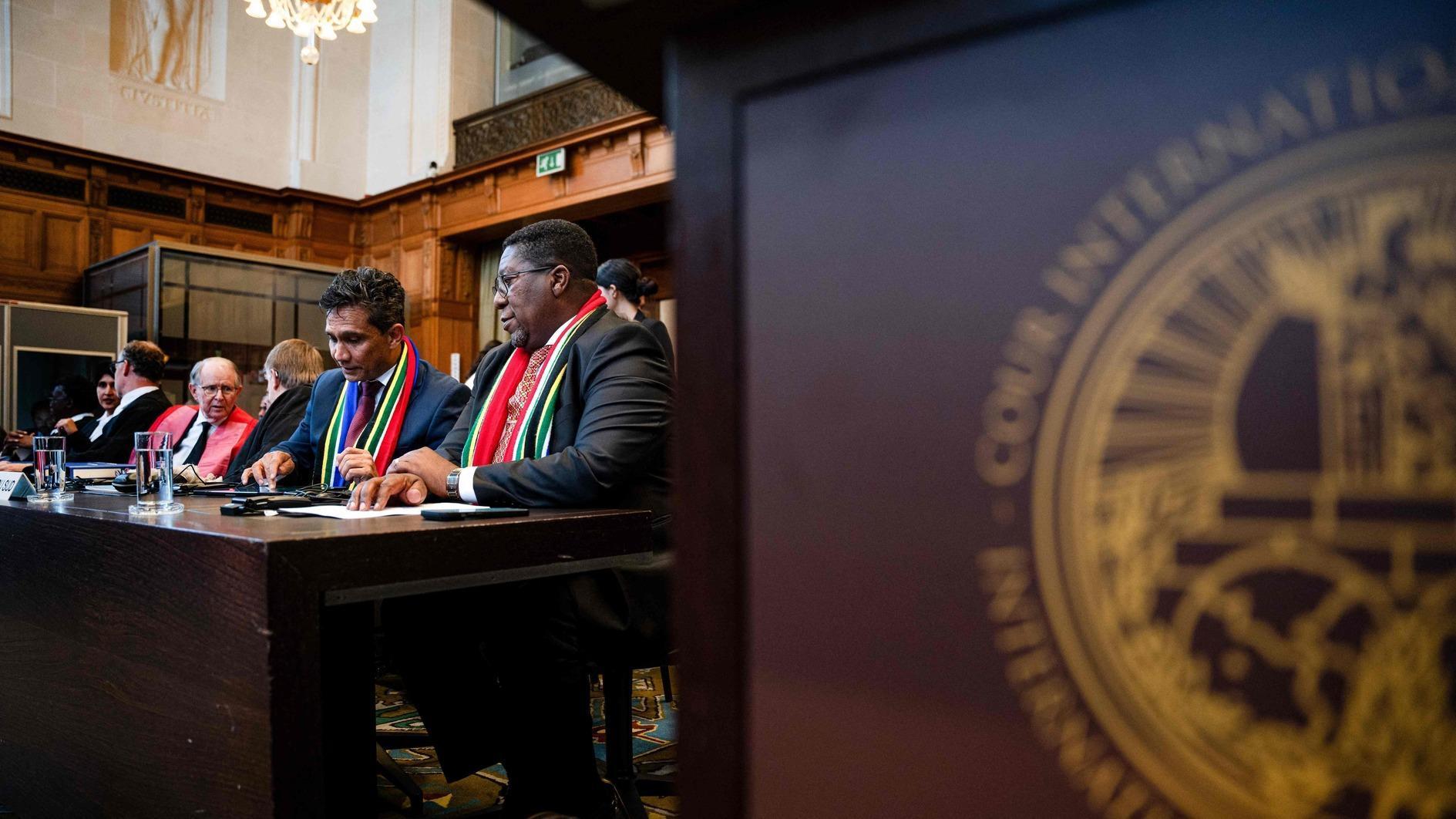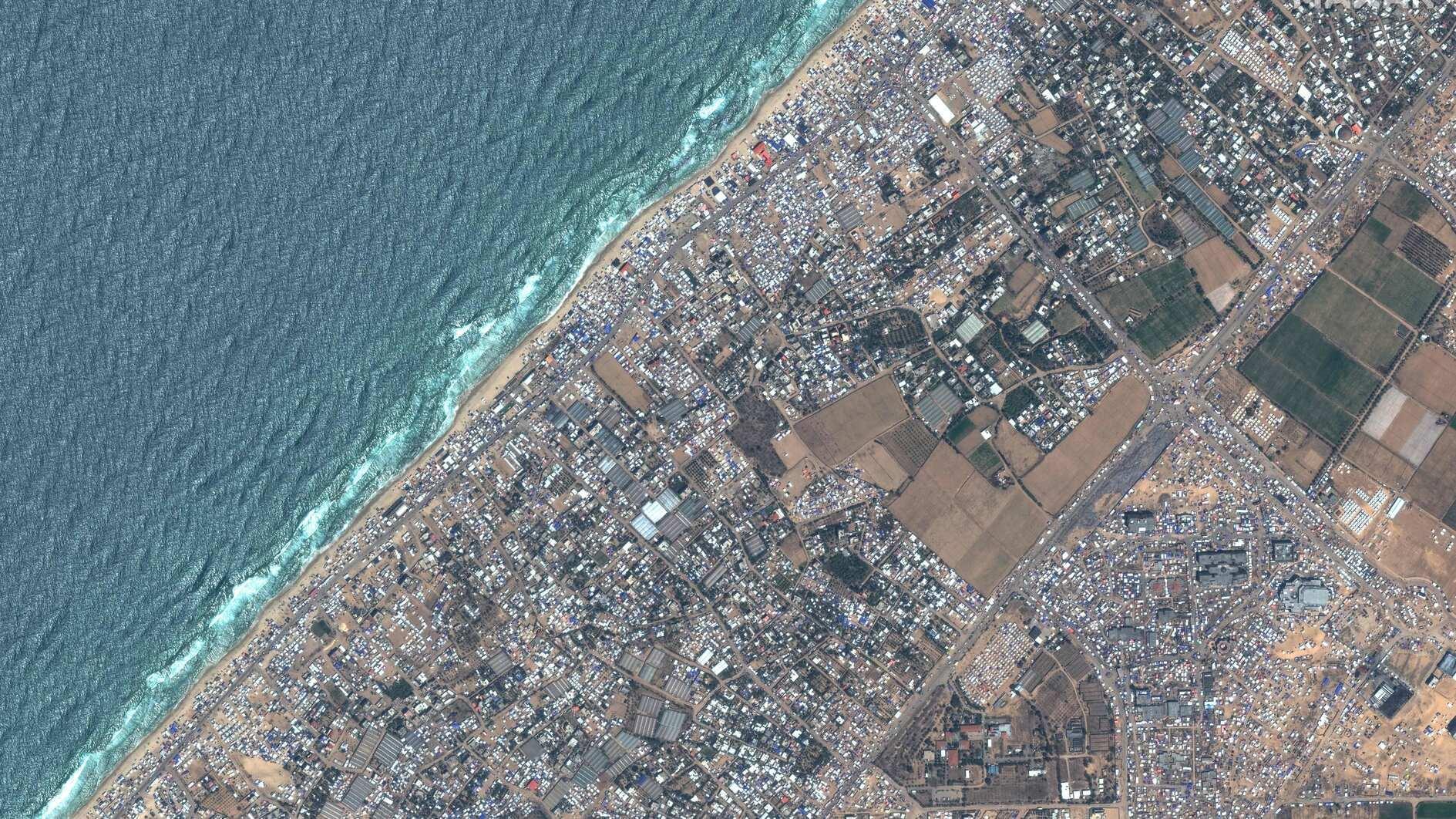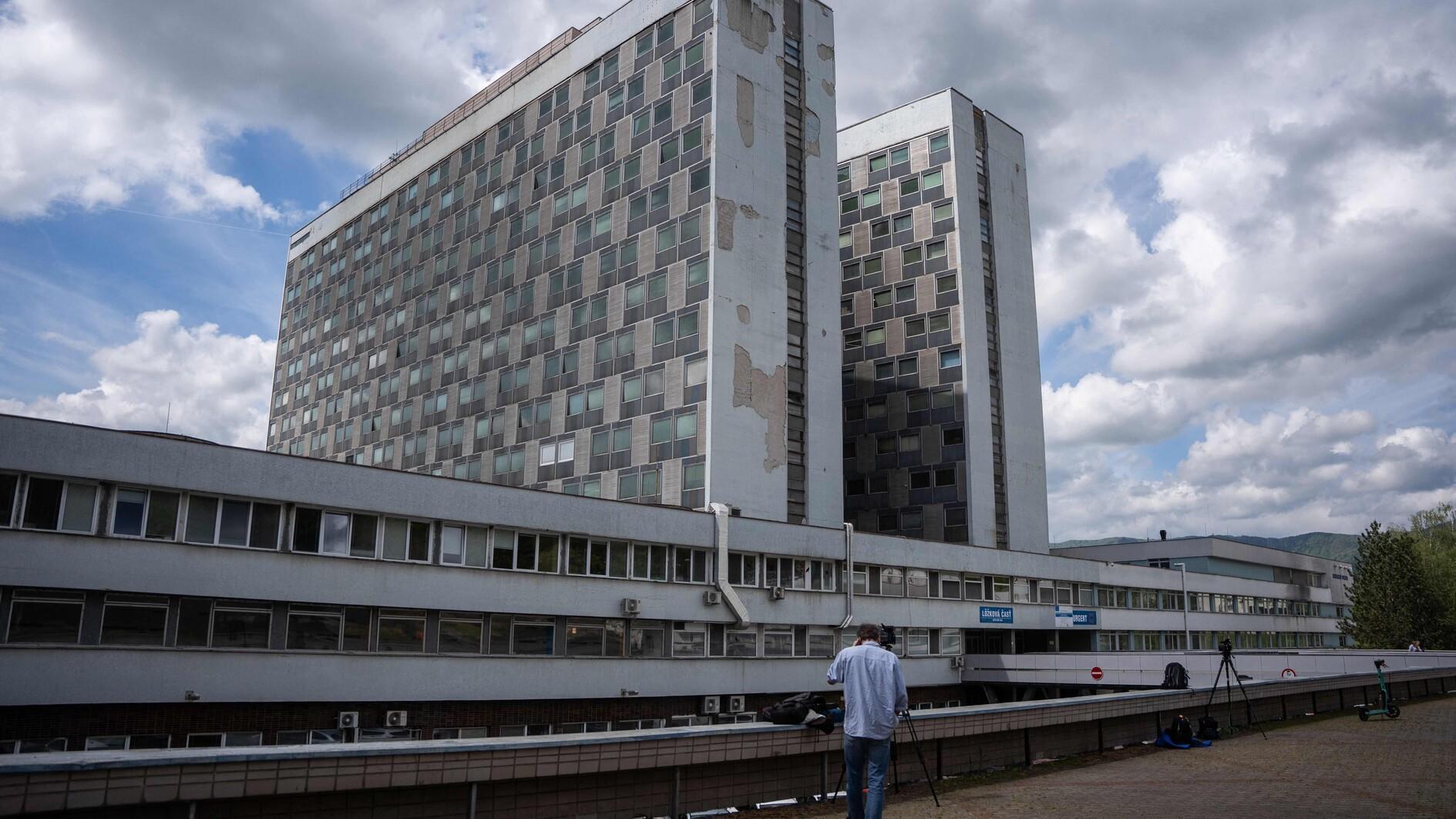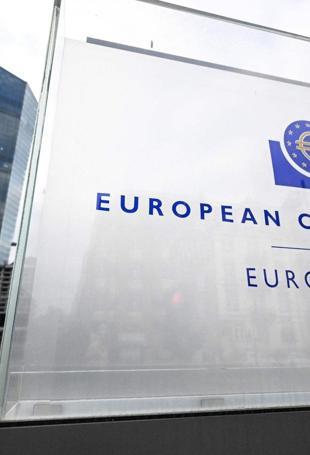Mothers start street initiative against child abuse in Turkey’s Trabzon
Gülden Aydın - TRABZON
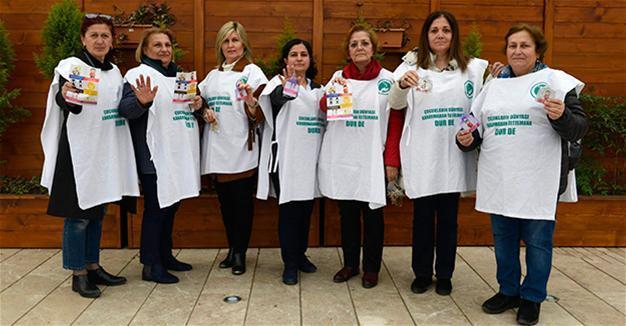 A group of women from the Turkish Mothers Association have begun an initiative to fight against child abuse in the Black Sea province of Trabzon, promoting their message in and around public transport.
A group of women from the Turkish Mothers Association have begun an initiative to fight against child abuse in the Black Sea province of Trabzon, promoting their message in and around public transport.Nine women from the Trabzon branch of the association are raising awareness about child abuse in public venues such as streets, buses and bus stops, handing out brochures as part of the initiative to raise awareness on the issue.
Members of the association talked with women, taking notes of the some of the incidents of abuse that some locals told them about.
One woman told them, “You should go to Düzköy. A primary-school girl is being abused there,” before quickly departing.
Members of the association, who are also in contact with social service specialists, give education to teachers, executives of primary and special schools for people with disabilities and parents as part of the projects.
Officials from the association said denouncements and complaints had increased due to the courage of victims and witnesses as part of the project which started on Jan. 1.
The campaign, which will run in the provincial center until May 31, will then continue in the districts and villages of Trabzon due to demand from women.
Ziynet Şener, the Trabzon branch head of the Turkish Woman Association, said they were upset by the complaints of abuse incidents and decided to do something about the issue.
“Young girls and women have been coming to the association and relating incidents. We gave them contact and information numbers and addresses to them. We will go the villages and districts. We will meet with the Sabancı Association as part of the project,” she said.
She also said a number of association, public institutions and NGOs were cooperating on the project.
Trabzon Municipality, the Trabzon Governor’s Office, the Family and Social Policies Ministry’s Trabzon Directorate, the Center to Prevent and Monitor Violence, the local police and the local gendarmerie command were also supporting the initiative, Şener said.
“We as women get on public buses for free and then toward [Trabzon’s] Akçaabat district. Women passengers listen to us with all ears. Men also urge us, saying, ‘You should especially tell this to men because they’re the ones that abuse,’” she said.
A male passenger, theologian Bekir Çelik, 68, told a story about a teacher who raped his student before killing and burying her in Düzköy four years ago.
Nurper Gürdal, the project coordinator, said they had started to create awareness on the issue.
“In one of the first days of our project, a young man who was on the bus listened to us with open ears. He said, ‘When I was a child, I thought it was normal when someone I knew showed exaggerated interest. These kind of incidents happened a lot around us. But I see that their intentions were very different,’” she said.
She also told a story about two young girls who denounced their father.
“Two young girls from university took courage from us. They said their father was sexually abusing them. A number of incidents of sexually harassment that had been kept secret have emerged thanks to this project,” she said.

